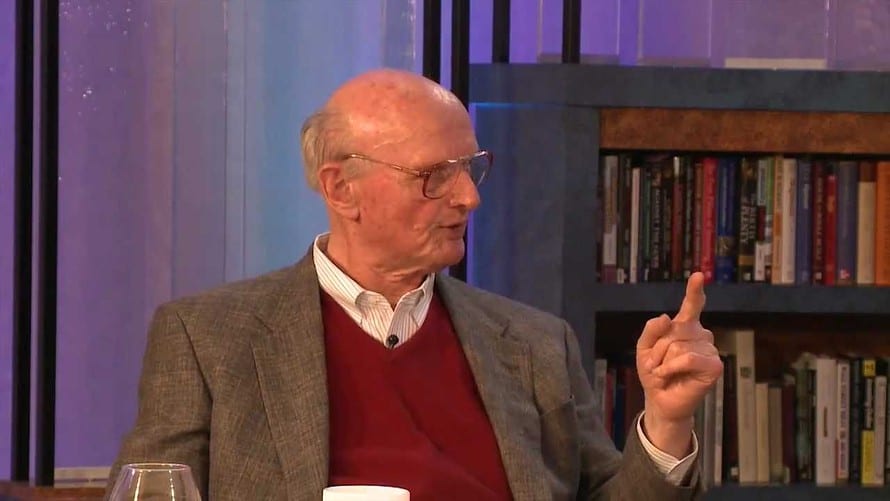
“Diversify,” Nobel-Prize winner Harry Markowitz once responded when asked how investors should approach the stock market. “And if I had to offer a second piece of advice, it would be: Remember that the future will not necessarily be like the past. Therefore we should diversify.”
In ranking the greatest investors of all time, Cullen Roche, founder of Orcam Financial and the man behind the Pragmatic Capitalism blog, put Markowitz at the top of his list, though he’s fully aware that other high-profile types tend to dominate the discussion when it comes to investing’s GOAT.
That is because, as Roche explains, the obvious measure of greatness would be to focus purely on performance.
Take Berkshire Hathaway’s BRK.A, -0.12% BRK.B, +0.14% Warren Buffett, Renaissance’s Jim Simons and founder of now-closed Duquesne Capital Stan Druckenmiller — there is a case to be made for all three investing legends.
But, as Roche points out, it is virtually impossible to replicate their performance. “Their underlying models and processes are impossibly complex, sophisticated and at least partially due to luck,” he said.
For that reason, Roche says it is perhaps more useful to consider other metrics in gauging the greatest investors of all time.
To be sure, Markowitz, a legendary economist by training, technically wasn’t a professional investor at all. However, his trailblazing effort in that field rippled throughout Wall Street.
“We often think of the greatest investors as those people who simply performed best,” Roche wrote. “But the greatest investors are not merely those whose performance was outstanding, but those people who constructed a process by which more people outperformed thanks to the lessons they provided.”
Roche says “a more objective and useful list” based on influence would lead him to give Markowitz the crown, followed by John Bogle and Benjamin Graham.
He added that many believe Buffett should also be in the second group because of the timeless lessons he has provided. Roche, however, disagrees.
“I have found much of Buffett’s commentary to be contradictory,” he wrote. “For instance, he berates active stock pickers, but continues to be an active stock picker. He berates high fee managers, but spent most of the early years of his partnership charging very high fees. It’s hard for me to tell what he really believes when his actions don’t always support his words.”
On the other hand, Markowitz’s revolutionary work in modern portfolio theory decades ago has been credited with an investing sea change that resonates on Wall Street to this day.
























